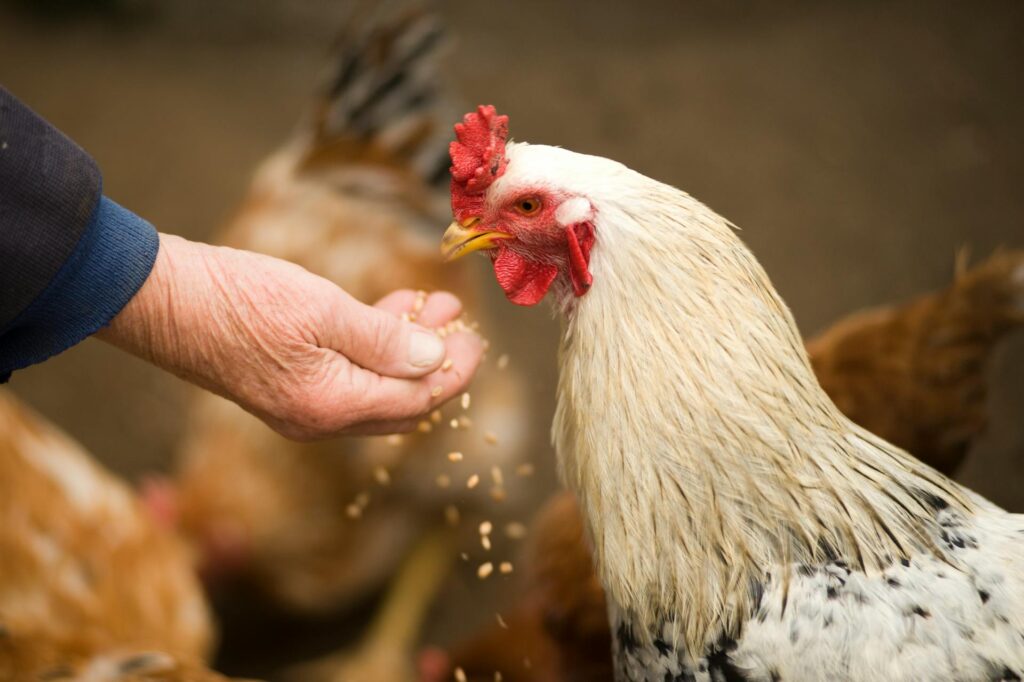In the realm of agriculture, livestock farming stands as a cornerstone, providing essential resources such as meat, dairy, and fibers. However, traditional methods of raising livestock have faced scrutiny due to concerns about environmental impact, animal welfare, and resource efficiency. In response to these challenges, the agricultural industry has embraced a wave of innovations aimed at revolutionizing livestock farming practices. From advanced technologies to novel management techniques, these innovations are paving the way towards a more sustainable and ethical future for animal agriculture.

One of the most transformative innovations in livestock farming is the adoption of precision livestock farming (PLF) technologies. PLF integrates various sensor technologies, data analytics, and automation to monitor and manage individual animals and herds more efficiently. For example, wearable sensors can track vital signs, activity levels, and feeding behavior, providing real-time insights into the health and well-being of livestock. By leveraging this data, farmers can identify potential health issues early, optimize feeding regimes, and improve overall animal welfare. Furthermore, automated systems for feeding, watering, and waste management reduce labor costs and minimize environmental impact, leading to more sustainable farming practices.
Another significant innovation in livestock farming is the development of alternative protein sources. With growing concerns about the environmental impact of conventional animal agriculture, researchers and entrepreneurs are exploring alternative protein sources that require fewer resources and produce fewer greenhouse gas emissions. One promising approach is the production of cultured meat, also known as lab-grown meat, which involves growing animal cells in a controlled environment to create meat products without the need for traditional animal farming. Similarly, insect farming is gaining traction as a sustainable protein source, as insects require less land, water, and feed compared to conventional livestock. These innovations have the potential to revolutionize the way we produce and consume animal protein, addressing key challenges related to environmental sustainability and food security.
In addition to technological advancements, innovative management practices are also transforming livestock farming. One such practice is regenerative grazing, which involves mimicking the natural grazing patterns of wild herbivores to restore and improve the health of grassland ecosystems. By rotating livestock through pastures and allowing sufficient recovery time between grazing periods, farmers can improve soil health, increase carbon sequestration, and enhance biodiversity. Regenerative grazing not only benefits the environment but also improves the quality and nutritional value of the meat produced, making it a win-win solution for both farmers and consumers.
Furthermore, advancements in genetics and breeding techniques are enhancing the productivity and resilience of livestock breeds. Through selective breeding and genetic engineering, researchers are developing animals with desirable traits such as disease resistance, feed efficiency, and environmental adaptability. For example, genetically modified animals with enhanced disease resistance can reduce the need for antibiotics and veterinary interventions, leading to healthier and more sustainable livestock production systems. Similarly, breeding programs aimed at improving feed efficiency and nutrient utilization help reduce the environmental footprint of livestock farming by minimizing resource inputs and waste outputs.
Innovations in livestock farming are not only driving improvements in animal welfare and environmental sustainability but also creating new economic opportunities for farmers. By adopting cutting-edge technologies and management practices, farmers can increase productivity, reduce production costs, and access new markets for sustainably produced animal products. Moreover, the growing consumer demand for ethically produced and environmentally friendly food is driving the adoption of innovative farming methods, providing a competitive edge for forward-thinking farmers.
In conclusion, innovations in livestock farming are reshaping the future of animal agriculture, offering solutions to some of the most pressing challenges facing the industry. From precision livestock farming technologies to alternative protein sources and regenerative grazing practices, these innovations hold the key to building a more sustainable, ethical, and resilient food system. By embracing change and investing in innovation, the livestock farming industry can pave the way towards a brighter future for farmers, consumers, and the planet alike.
